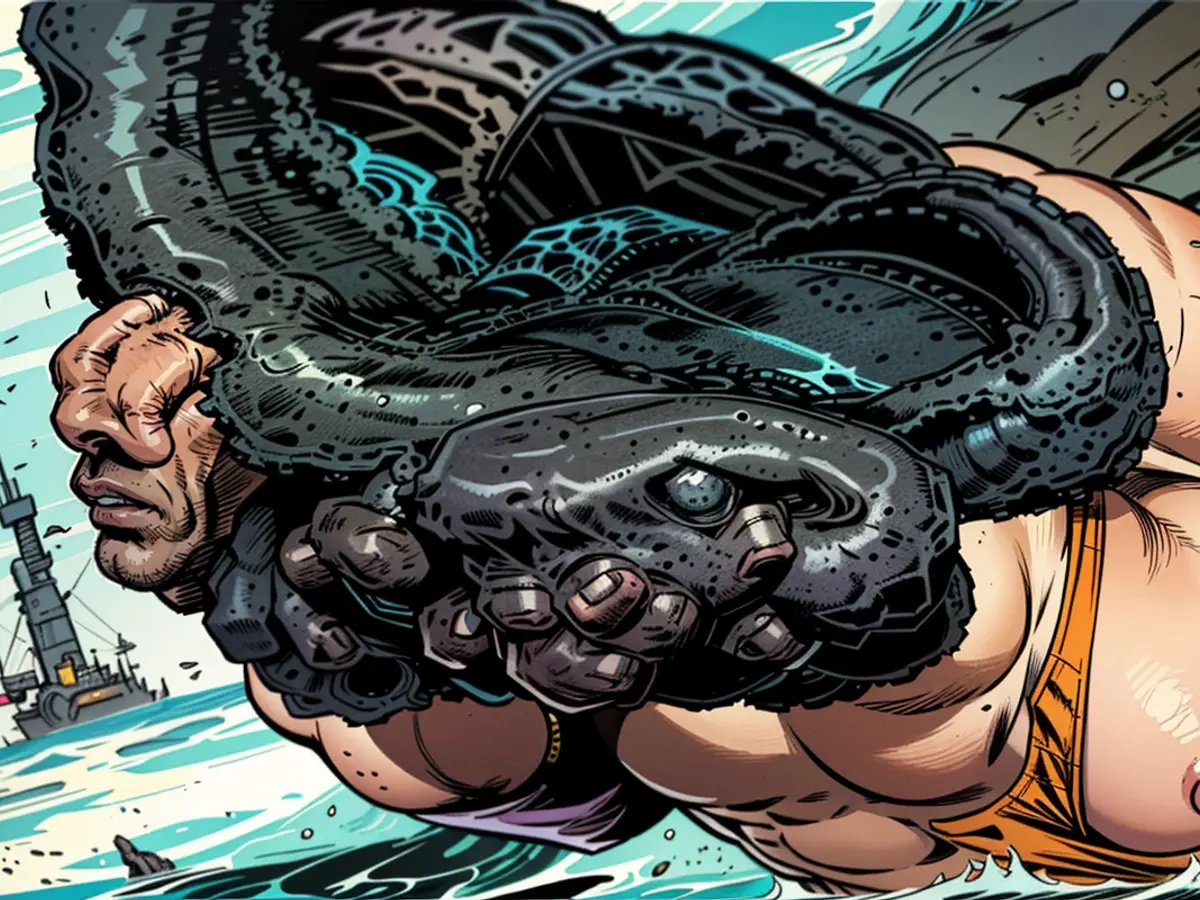- Major seabed authority gets new head
Environmentalists hope for better ocean protection with new leadership: The controversial incumbent Secretary-General of the International Seabed Authority (ISA), Michael Lodge, missed his reelection ahead of the expected first application for a deep-sea mining license. Brazilian oceanographer Leticia Carvalho won the election at the end of the five-day general assembly in the Caribbean island state of Jamaica and will take over the position next year.
The British lawyer Lodge, who sought a third four-year term, had been accused of inappropriate ties to a company wanting to engage in deep-sea mining.
With growing environmental concerns, 32 of the 168 ISA member states have now called for a moratorium, or a precautionary pause or ban on deep-sea mining - including Germany. Five more, including Austria, joined during the general assembly. However, the proposed basic regulation to protect the marine environment did not reach consensus by Friday.
Experts warn of dangers to ecosystems
Deep-sea mining primarily involves the extraction of so-called polymetallic nodules from the seabed of the high seas. These form over millions of years and contain resources such as manganese, cobalt, copper, and nickel, which could be used in the production of batteries for electric vehicles, for example. Studies show dangers to the little-researched ecosystems of the deep sea. Some experts also question the necessity of deep-sea mining for the energy transition.
However, the Canadian company The Metals Company announced that it would submit an application for a commercial deep-sea mining project this year. It plans to start in the Pacific in 2026. Since the ISA council has not yet adopted a regulatory framework for deep-sea mining and no basic regulation has been reached, it remains unclear how an application from The Metals Company would be handled.
"The ISA has been too long driven by industry pushing for a quick start to deep-sea mining under its previous leadership," said Greenpeace marine expert Daniela Herrmann. "It's now up to Carvalho to prove that she understands the commitment of the ISA to protect the last untouched habitat on Earth."
The International Seabed Authority (ISA) is situated over vast expanses of the [Sea], home to unique and little-researched ecosystems. The new Secretary-General, Leticia Carvalho, faces the challenge of balancing potential economic gains from deep-sea mining with the need to preserve these fragile marine habitats.







